The Series 79 Exam in 2024 seems to be about the same as it has been in recent years. Specifically, the breakdown of the exam between analytical and non-analytical questions is roughly similar. In today’s post, we recommend a few areas of focus given this structure.
Series 79 Exam in 2024: High Scores in Non-Analytical
Regular feedback from a students on a week-to-week basis in 2024 have similarities with prior years. Namely, the analytical portion of the exam tends to be the big stumbling block.
As has been the case in recent years, the exam ends up roughly 60% non-analytical, and 40% analytical. By “non-analytical” we mean rules, regulations, and definitions, as well as the investment banking process, and process for mergers and acquisitions.
The analytical section largely involves financial ratios, calculations from the income statement and balance sheet, and valuation analysis. This general portion of the Series 79 Exam consistently drives tutoring requests at Professional Exam Tutoring.
If you are one of the many that have issues with the analytical portion, a very good score on the non-analytical portion is required.
Where Should I Focus?
On the non-analytical portion, you will want to focus on areas that are heavily weighted.
Knopman Marks does an excellent job with their question bank by prioritizing heavy weights to sections on the exam that are most likely to show up. In other words, sections where you want to have the highest scores.
For example, mergers and acquisitions, exempt transactions, and more nuanced areas such as Regulation M, fairness opinions, and equity research rules, are very important for the exam.
We highly recommend that you target scores in the high 80% or 90% range in these areas. This is to make sure you offset any potential weakness on the analytical portion of the exam.
For those of you playing the odds, your strategy can be quite effective if you do it right. Your score on the analytical side of things does not have to be above 70%. This is as long as you make sure that your non-analytical section is high enough to overcome deficits elsewhere.
Overall, we recommend smart studying over comprehensive studying. Focus on areas that are most heavily weighted and make sure to become proficient there. You want to balance this with areas where you are competent. If there are areas that are highly weighted, such as relative evaluation, but you have a lot of issues there, then we recommend that you bring up other areas to well over 90% to compensate.
If you have any questions feel free to reach out or consider a Series 79 tutor! Good luck!

